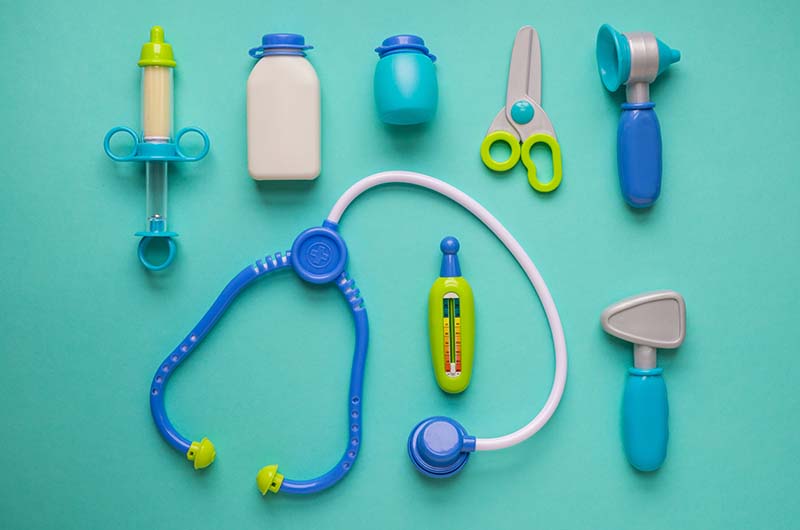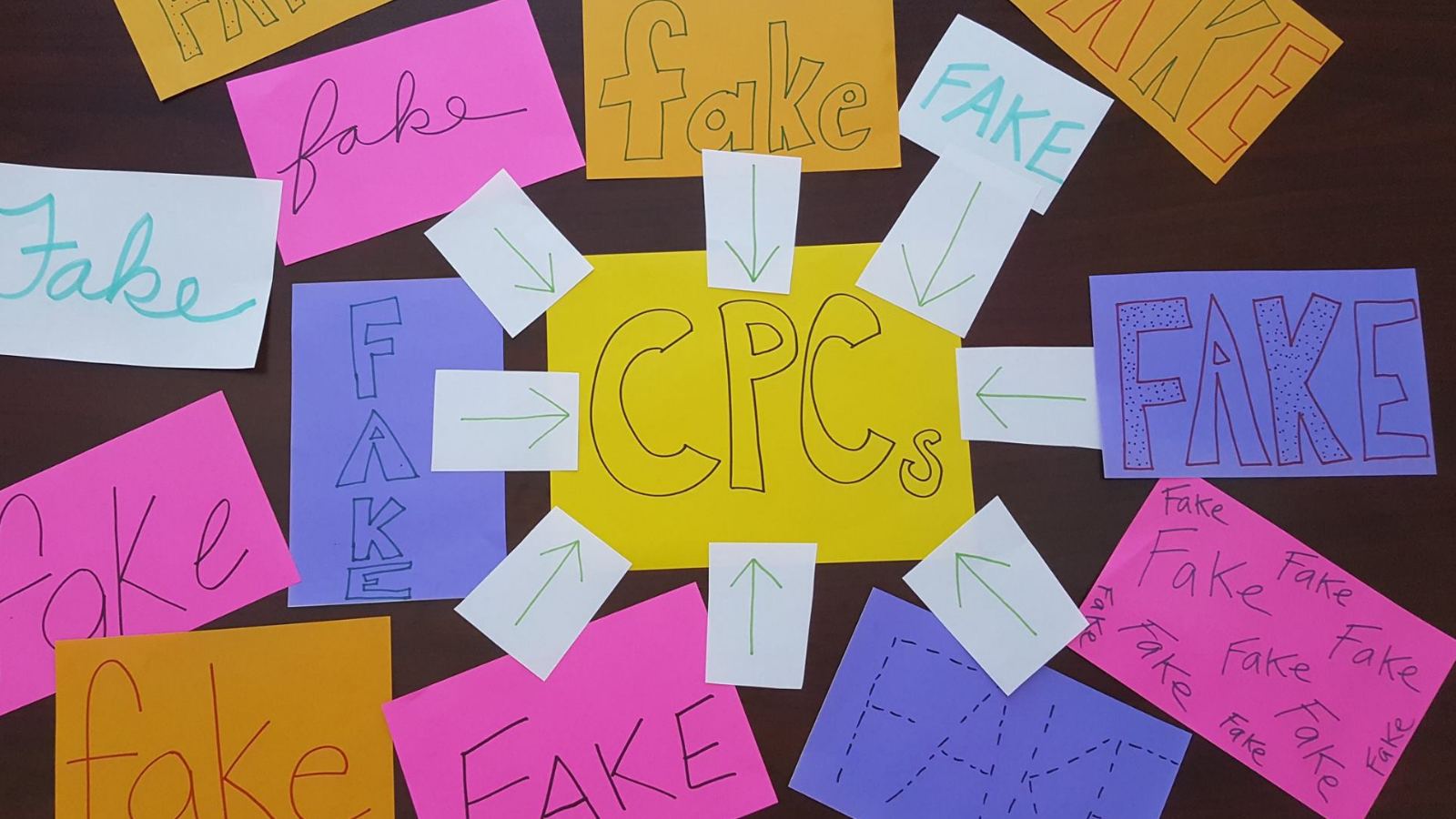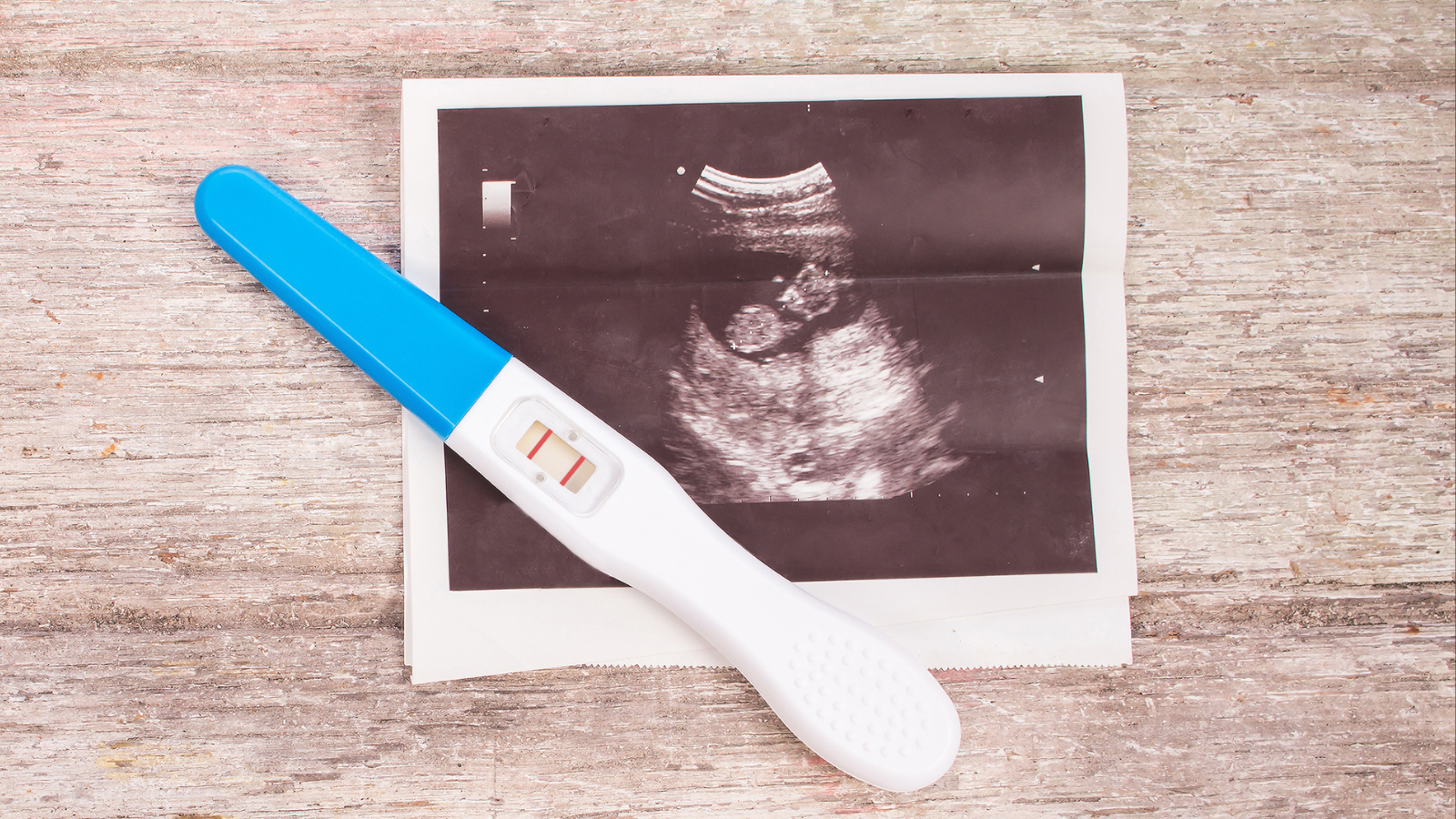Crisis Pregnancy Centers (aka: Anti-Abortion Centers)
What Are Crisis Pregnancy Centers?
Crisis Pregnancy Centers (CPCs) are anti-abortion centers that engage in manipulative tactics to prevent people from making informed choices about their reproductive and sexual health. These centers target vulnerable patients with misleading advertisements and medically inaccurate information.
You may have seen a “Pregnant? Scared? We can help” billboard or an ad for free pregnancy testing and counseling. Or maybe you have a friend who thought they were walking into a clinic only to be told getting an abortion could give them breast cancer. These are all signs of so-called “crisis pregnancy center”, which are anti-abortion centers that coerce and deceive people out of accessing abortion. Everyone deserves the truth when it comes to their reproductive health care: unbiased, factual, and medically accurate information about all the options available.

How CPCs Hurt the People They Claim to Help
These anti-abortion centers are a growing public health threat. They often lie to patients about abortion and birth control, and they’ll do anything to scare people away from accessing needed abortion care. CPCs are biased, anti-abortion, anti-LGBTQ organizations, and while they may look like health clinics with “staff” wearing scrubs, many are unregulated and unlicensed and may not have any licensed medical personnel on staff. They use deceptive tactics to mislead North Carolinians about pregnancy-related information. Some of their false claims include:
- Abortion causes breast cancer.
- Abortion is psychologically damaging.
- Abortion can lead to sterility, future pre-term births, and even death.
- Condoms are not effective against STDs, HIV/AIDS, or pregnancy.
None of the above information is medically accurate.
There are more than 4,000 anti-abortion centers across the country and close to 100 in North Carolina. In 2011, the state approved “Choose Life” license plates to funnel public dollars to these centers, but there is no corresponding pro-choice license plate available. In 2013, the North Carolina General Assembly approved direct appropriation of taxpayer dollars to these centers—allocating $250,000 in the state budget. That number has gone up each budget cycle, with over $18 million earmarked for these anti-abortion centers in the 2023-2024 state budget.
The North Carolina General Assembly also passed a law requiring these anti-abortion centers be listed on a North Carolina Department of Health and Human Services referral website. They often set up in low-income communities and around colleges and universities, taking advantage of people who have traditionally lacked access to quality healthcare and health insurance. Additionally, they will set up near actual abortion clinics and have similar names in an effort to confuse, intimidate, and harass patients and providers.
These anti-abortion centers are a huge threat to reproductive freedom, and Pro-Choice North Carolina is leading the efforts to hold them accountable. North Carolinians deserve better!
Abortion clinics are located in only 9 of North Carolina's 100 counties.
Identifying CPCs and Fake Clinics
Anti-abortion centers are, unfortunately, located throughout North Carolina. While there are close to 100 CPCs across the state, there are only 14 actual abortion clinics located in just 9 of North Carolina’s 100 counties.
Crisis pregnancy centers make every effort to mimic real abortion clinics, including “choice” or “women’s health” in their name. Their advertisements focus on “free services” like urine-based pregnancy tests and “counseling.” They intentionally set up in close proximity to an actual abortion clinics with the hopes of intentionally deceiving and misleading people seeking abortion and reproductive health care.
Some questions to ask yourself, or the center, if you are wondering if it is an actual, comprehensive reproductive health clinic include:
- Is the center affiliated with a larger, known health care network?
- Are staff bios, medical education history, and licenses listed on the center's website? If you are in the clinic, do you see licenses and degrees on the walls?
If you can answer "yes" to the above questions, it is most likely NOT a CPC.
Additional questions include:
- Is the center in close proximity to an abortion clinic? Does the center have a "mobile clinic" that often parks in close proximity to local abortion clinics?
- If you interacted with center staff (over the phone or in person), did they ask you to pray with them? Did they say they would pray for you?
- Do they only promote abstinence-only sex education?
- Do staff bring up abortion even when not asked? If so:
- do they focus mostly on later abortion?
- do they bring up (medically inaccurate) statistics about the safety of abortion? And when asked about pregnancy risks, do they minimize or brush over those concerns?
If you can answer "yes" to these questions, it is likely you are dealing with a center that has an anti-abortion ideology and message.
Need Help Finding a Real Women's Health Clinic?
If you're considering getting an abortion, separating the fake clinics from the real ones can be overwhelming. Check our list of legitimate women's health clinics in North Carolina to find the honest, medically accurate information you need to make the decision that's best for you.



